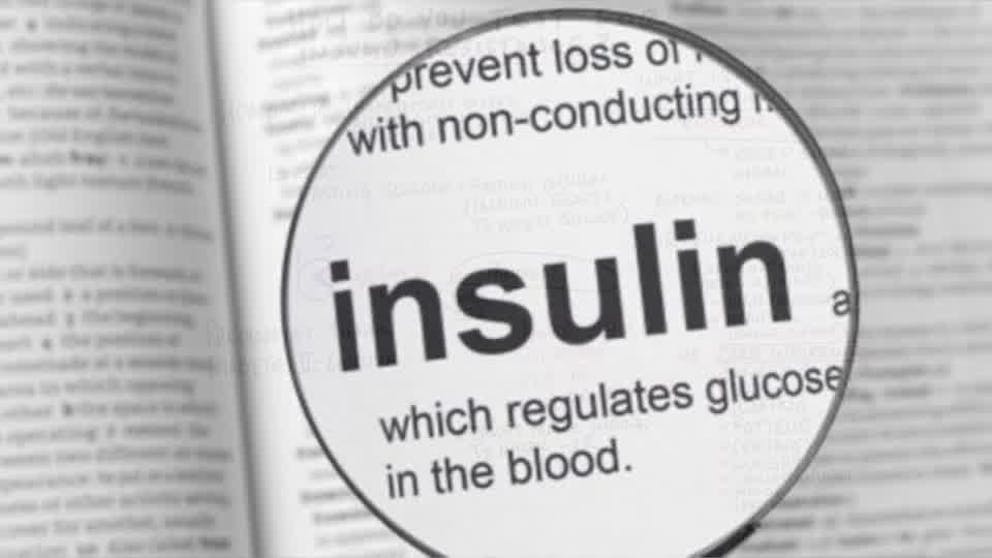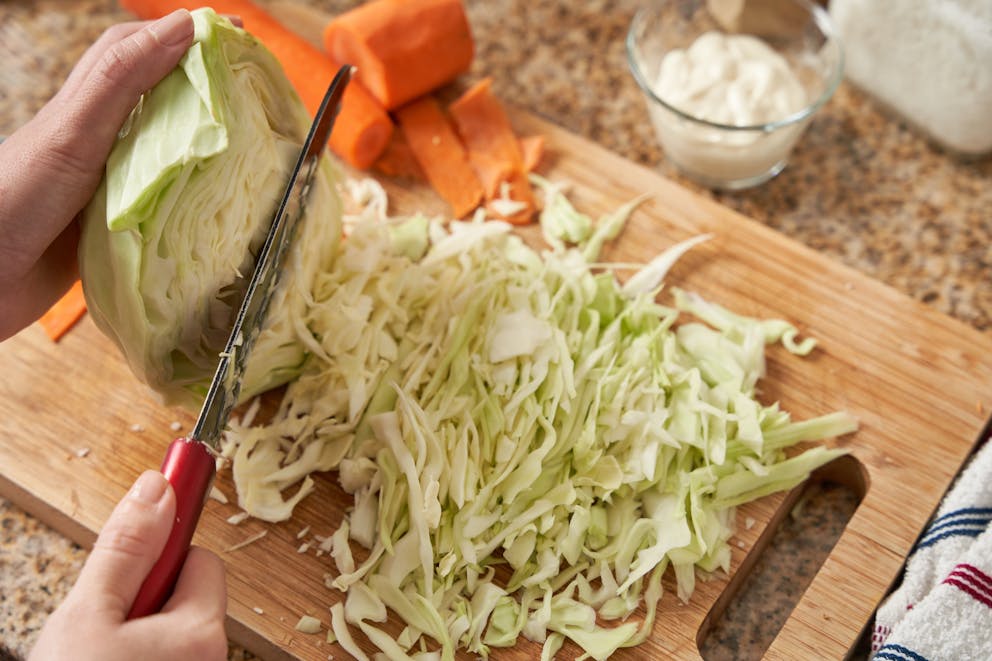Is Your Fiber Making You Fat
Imagine a world where your gut health and weight management are in perfect harmony, thanks to something as simple as the fiber in your diet. That's not just wishful thinking; it's grounded in science.
This piece explores the intricate dance between dietary fiber nourishing your gut bacteria and its significant impact on weight regulation.
You'll learn why these tiny helpers convert vegetable fibers into butyrate and how that process supports weight loss and overall well-being.
Additionally, we'll explore surprising turns, such as how antibiotics and synthetic sweeteners impact our microbial allies. Moreover, we're delving into the paradox where overindulging in fiber can backfire if there aren't enough tiny organisms to process it.
Get ready for an insightful journey through the winding paths of nutrition science that promises fundamental strategies for better health outcomes.
The Role of Fiber in Gut Health and Weight Management
Dietary fiber is a secret weapon for gut microbes, acting like a feast they can enjoy. This carbohydrate doesn't mess with your blood sugars because humans can't digest it, but the tiny creatures living in our intestines love turning vegetable fiber into something called butyrate.
Butyrate is pretty amazing; it helps us lose weight by telling our bodies to use fat for energy instead of storing it.
So why does this matter? Because most of us aren't getting enough fiber, leading to missed opportunities for health benefits. Think about adding more veggies to your plate as hiring an army of microscopic helpers dedicated to keeping you lean and healthy.
The Nutritional Benefits of Vegetable Fiber
Vegetable fiber provides essential nutrients like vitamins, minerals, and antioxidants crucial for overall health.
Additionally, it promotes digestive regularity and helps lower cholesterol levels, contributing to heart health. Including fiber-rich vegetables can support your nutritional needs and enhance your well-being.
Boosting Vitamin and Mineral Absorption
Did you know that the microbes in your gut produce B vitamins from vegetable fiber? Indeed, these minuscule laborers transform your leafy greens into a nutrient-dense powerhouse. But it doesn't stop there.
Fiber from veggies is critical in ensuring your body can soak up vital nutrients exactly where they're required, within the confines of the small intestine.
This process is vital for keeping our bodies running smoothly. Without enough vegetable fiber, we might not get all the nutritional benefits from our food, no matter how much we eat. So next time you munch on veggies, remember:
You're not just feeding yourself; you're fueling a whole ecosystem inside you that's hard at work.
Balancing Gut pH Levels with Fiber
Eating fiber-rich veggies can significantly harmonize your gut's acidity, ensuring it remains optimal. This is crucial because a balanced gut environment improves digestion and overall health. When you munch on meat, the acidity in your gut can spike.
But here's where vegetable fiber steps in as the hero. It acts like a buffer against this acidity, helping maintain a more neutral pH level in the large intestine. Think of it as nature's antacid but without any side effects.
This revelation isn't only a boon for your gut health; it also paves the way for easier weight control and nurtures a more contented digestive tract.

The Impact of Low Microbe Levels on Health
Did you know that low levels of gut microbes can be a fast track to weight gain? It's true. Without enough friendly bacteria, your body struggles with bile recycling. This mess leads straight to a fatty liver and insulin resistance.
Research shows us the dark side of not having enough gut buddies. Essential for digesting meals and transforming them into vitality rather than accumulating as adipose, these microscopic allies play a pivotal role.
So, eating right but still gaining weight might mean your microbial crew isn't up to snuff. It’s like trying to clean up after a party without help; things get messy quickly.
The Consequences of Excessive Fiber Without Adequate Gut Microbes
Overeating fiber without enough gut microbes to break it down can make you uncomfortable. Imagine inviting a hundred guests over but only having one bathroom available. That's kind of what happens in your digestive system.
When there aren't enough gut buddies to process the fiber, things like bloating and gas become more common than guest appearances on a sitcom rerun.
But it doesn't stop there; this imbalance can also disrupt nutrient absorption, making all that healthy eating less effective.
So, while cranking up the veggies is good for weight loss and health, remember—it's all about balance. Ensure those microscopic friends can handle the workload by maintaining a diverse diet or considering probiotics.
Environmental Factors Affecting Gut Microbes
Gut health isn't just about what you eat. Moreover, the well-being of our gut is significantly shaped by external elements like the antibiotics present in conventionally farmed meats and the contact with glyphosate through genetically modified crops.
Both are notorious for wreaking havoc on our gut microbes.
The Role of Non-Organic Animal Products
When animals are given antibiotics, they don't just fight infections; they can also kill off beneficial bacteria within our guts when we consume their meat or dairy products.
This study highlights how antibiotic use in livestock is a significant threat to microbial diversity - an essential aspect of gut health.
GMO Foods and Glyphosate Exposure
The widespread application of glyphosate on genetically modified crops is known to upset the intricate equilibrium of intestinal microbes.
According to recent research, its usage correlates with decreased bacterial variety, which is crucial for everything from digestion to immune function.
Understanding Small Intestinal Bacteria Overgrowth (SIBO)
Tiny intestinal bacteria overgrowth happens when too much bacteria takes residence where it shouldn't. Imagine a party crasher but in your gut, causing all sorts of trouble.
The ailment disrupts the process of soaking up nutrients and vies for sustenance within you, akin to squatters claiming dibs on your pantry's offerings. It's like having unwanted guests raiding your fridge and eating all the good stuff before you can get to it.
Check out this Mayo Clinic article to dive deeper into SIBO, its causes, symptoms, and how it affects our health. Understanding is the first step to tackling this gut intruder head-on.

Fiber Impacts Gut Microbes and Weight Gain with Keto Cabbage Recipes
In the quest for a healthier gut and managing weight, the role of fiber cannot be overstated. Fiber-rich foods promote the growth of beneficial gut bacteria, aiding digestion and reducing the risk of weight gain.
Pairing this insight with delicious keto cabbage recipes offers a dual benefit, promoting gut health and adherence to a low-carb lifestyle. Explore the versatility of cabbage in dishes like keto cabbage rolls or stir-fry, ensuring a flavorful journey to better health.
Conclusion
In conclusion, dietary fiber's impact on intestinal bacteria and controlling weight is far too crucial to overlook.
Discovering the effect of dietary fiber, we understand it's beneficial but crucial for our gut wellness and keeping our weight in check.
Dive into those veggies; they're both good for you and essential. They turn into butyrate, remember? That's gold for shedding pounds and boosting well-being.
Watch out for antibiotics and artificial sweeteners. They mess with our microbial allies more than we'd like to admit.
This journey through nutrition science has shown us simple truths: Eat right, care for your microbe friends, and balance is critical. Too much of a good thing can backfire if your gut isn't ready.
It's all about harmony between what we eat and the tiny life forms thriving within us. Nail the equilibrium, and you've got it made!
Previous blog
The Big Problem with Research StudiesNext blog
4 Remedies to Relieve Allergy SymptomsTags

Popular
08/21/2024
55.7K views
02/23/2025
46.8K views
11/18/2024
281.2K views
03/18/2024
11/21/2022




